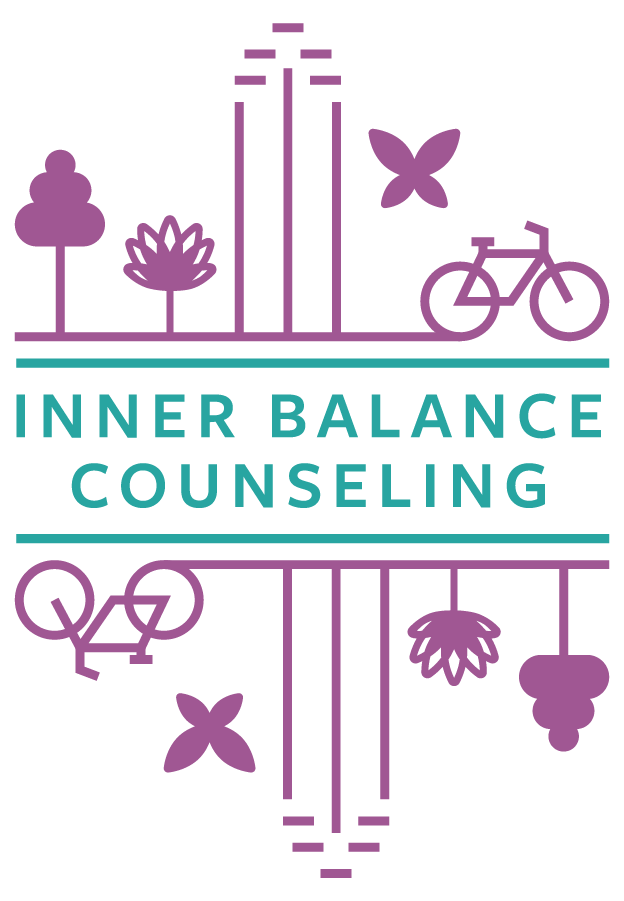Learned Optimism: What if it goes better than you expect?
What if that first date, that job interview, that new social group outing, that (fill in the blank) goes way better than your anxiety, fear and limiting beliefs are telling you it will?
Our brains are wired to seek out safety and security, which has its benefits, but when paired with negativity bias (the human tendency to pay more attention to bad things and overlook good things)we can find ourselves feeling stuck or stagnant. We may avoid trying new things because we assume that they will be difficult, painful or dangerous on some level.
One way to challenge this negative assumption is to look for evidence. What evidence from my past tells me that this risk I'm taking will definitely be a failure? Can I find any evidence that it might go well? Anxiety is often not based on facts, but is a response to fear.
Research has shown us that Optimism and hope can be learned. If you're wanting to get out of your comfort zone or create change in your life, try to look at this new way of being as an experiment, and take it step by step:
1) Select an activity you want to try.
When we’re trying out new ways of being, it can be helpful to start small. So rather than picking an activity that feels totally daunting, it could be helpful to choose something that makes you a little nervous, but doesn’t feel totally overwhelming.
2) Write down your hypothesis about how it will go.
How are you feeling about doing this new thing? Be honest with yourself here. What emotions or assumptions are stirred up thinking about taking a risk? If our internal dialogue is exaggerated or illogical, sometimes just seeing it written down on paper can help us to shift the energy and start to question our negativity bias.
3) Stay open and curious during the activity.
This step can be challenging because when we’re feeling anxious or worried, it can be hard to keep our minds open to what is actually unfolding in the present moment. We often get stuck in the ‘what if’s (‘what if they’re judging me’, ‘what if I make a mistake’, etc.), and the fear based stories that we are telling ourselves become our reality. Instead, can you try to tune out those negative thoughts by staying focused on the present moment and the person you’re with or activity you are doing?
4) Check back in after the activity to reflect on how it actually went vs. how you expected it to go.
It may be helpful here to go back and review what you wrote in step 2. Did the activity go the way you expected it to? What did and what didn’t meet your expectations? If it went better than you expected (and I’m willing to bet it did!), can you remind yourself of this experience the next time you want to step a bit out of your comfort zone?
For a deeper dive, check out the book Learned Optimism: How to Change Your Mind and Your Life by Martin Seligman.
